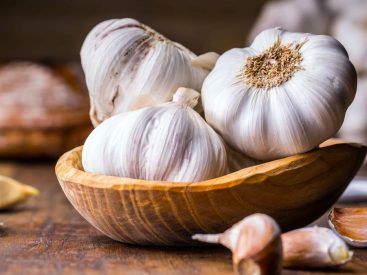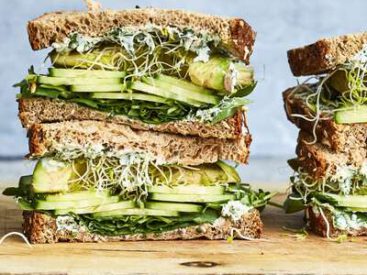The frozen pizza you got at Walmart says it’s an “authentic” recipe. The new Mexican fusion restaurant that’s trending on Twitter says it serves “authentic” Mexican cuisine with a blend of “authentic” Americana flair. Cooking shows on TV toss the word “authentic” around like it’s going out of style. […]
Delicious!
Delicious!



